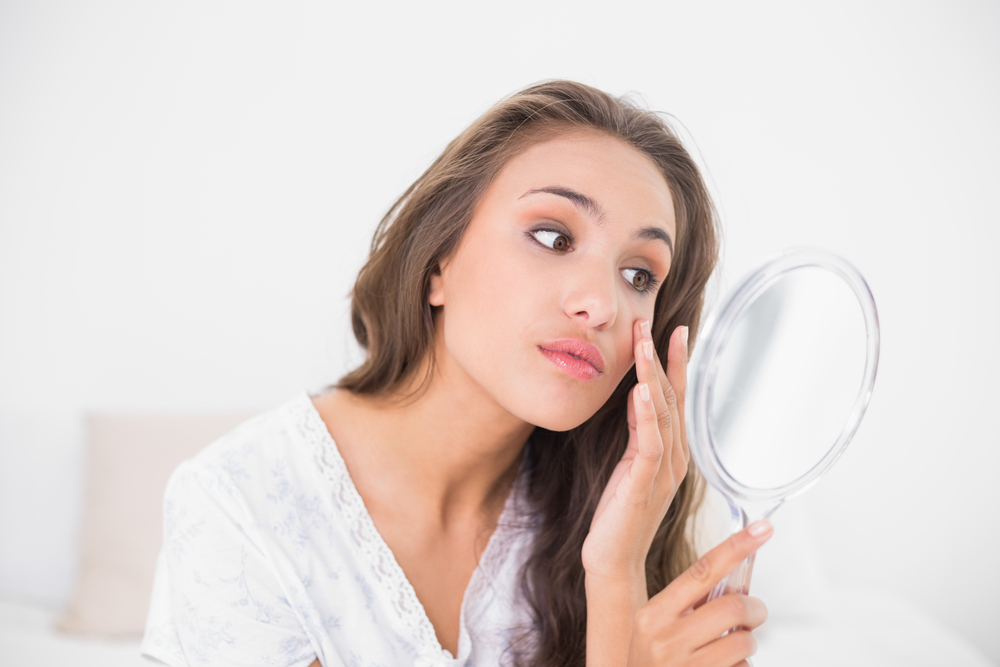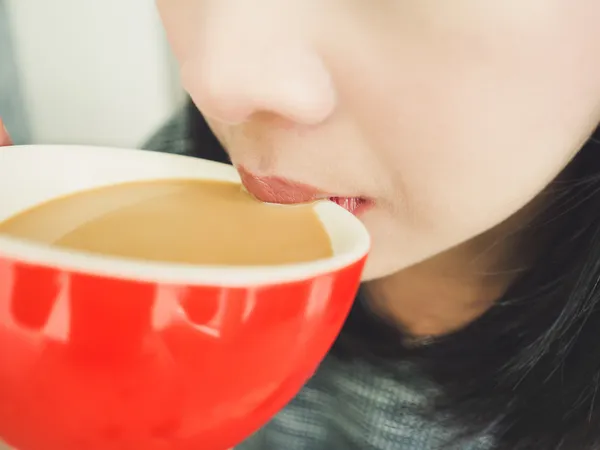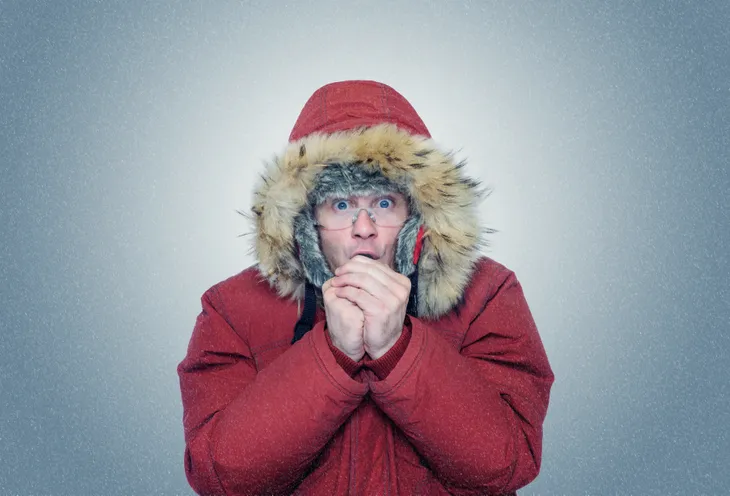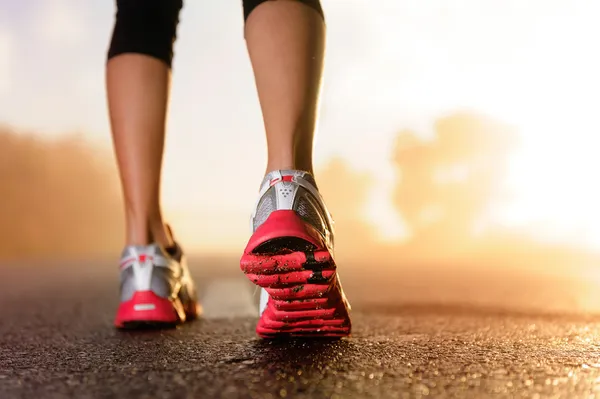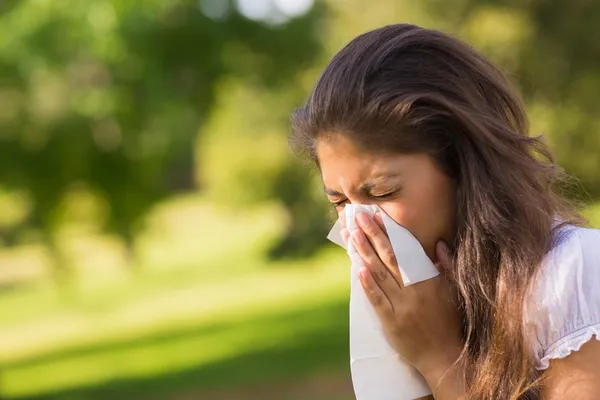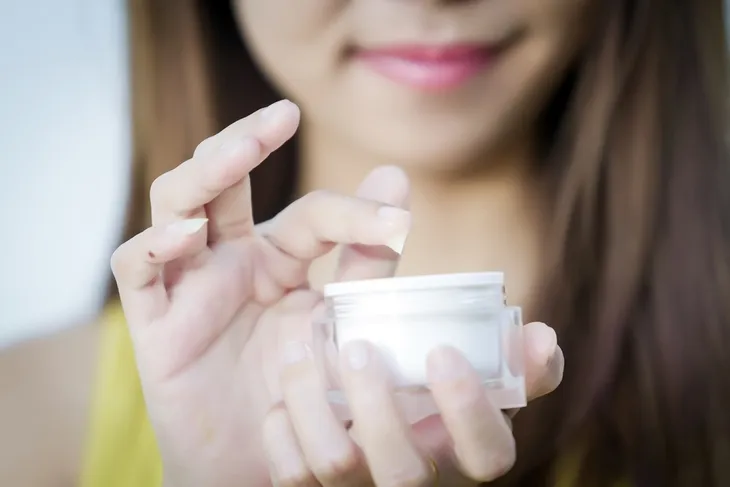Rosacea is a chronic, inflammatory skin disease that affects approximately 16 million adults in the United States alone. It most commonly occurs on the face, and is characterized by “red skin, visible blood vessels, and acne-like breakouts,” says Everyday Health.
These symptoms can be caused by a variety of factors, including food or drink, physical activities, medical conditions, and the weather. And while such triggers are oftentimes different from person to person, the following are the 12 most common culprits of rosacea flare-ups.
Alcohol
If you suffer from rosacea, you may want to rethink having an alcoholic drink to unwind after a long day at work. The Cleveland Clinic explains that this is because “Alcohol can dilate the tiny blood vessels in the face, causing the face to flush.”
Red wine, in particular, “tops the list of alcoholic drinks most likely to cause a flare-up,” says Everyday Health, citing the American Academy of Dermatologists. Due to being high in histamines, beer should be avoided as well.
Spicy Foods
While your taste buds may enjoy spicy foods, your skin may not. According to a study conducted by the National Rosacea Society, 45-percent of respondents said that spicy foods were a rosacea trigger for them.
LiveStrong says that it’s best to avoid spices like “white, black or red pepper, cayenne, curry powder or paprika,” instead opting for non-trigger options like “cumin, oregano, cinnamon, marjoram, sage, coriander, basil or thyme,” which are equally delicious and won’t cause the skin to flush.
Hot Drinks
Although not hot in a spicy sense, drinks (or food) that are very warm in temperature can also cause a rosacea flare-up. In fact, the results from the National Rosacea Society study indicated that 36 percent of respondents are triggered by hot beverages—which include coffee, tea, and hot chocolate.
This doesn’t mean you can’t enjoy these beverages, though; it’s just best to wait for them to cool down a bit before drinking. Or, you could consider drinking chilled versions of them instead, like iced coffee or iced tea.
Hot Weather, Baths and Saunas
Heat from warm beverages isn’t the only type that people with rosacea are sensitive to. Elevated weather temperatures and humidity during the summer months can be especially challenging, but cranked furnaces in the winter months are also problematic.
Those with rosacea should also avoid heat from baths, saunas, and hot tubs. Although these things may help you to relax, they are common culprits of flushing and flare-ups. Good Housekeeping suggests alternative ways to decompress, like “giving your feet a massage or doing yoga.”
Cold Weather
Just as people with rosacea are sensitive to hot weather temperatures, their flare-ups can also be triggered by the opposite: cold. To combat subzero temperatures, Everyday Health suggests covering the face “with a scarf or ski mask.”
Just be mindful of what material these items made of, as certain kinds (like wool) can further irritate the skin. Alternatively, the source says you could “Ask your dermatologist about a skin barrier ointment that could protect your skin from the cold weather elements.”
Wind
Not only can cold air trigger rosacea, but so can the fierce winds that so often accompany frigid temperatures. “Windy days can cause dry skin problems for a lot of people, but even mild wind can cause a flare of symptoms for the rosacea sufferer,” says Mitchell Chasin, M.D., in speaking with Good Housekeeping.
As such, it’s important for those with rosacea to be mindful of the weather, and either stay inside (if possible) or adequately cover the nose and cheeks with a scarf or other winter gear when venturing out.
Exercise
We hear all the time how important it is to fit regular sweat sessions into our busy schedules, but those with rosacea may find such exercise results in unwanted redness and flare-ups. This is because exercising increases your heart rate, causing increased blood flow to the skin.
This doesn’t mean you should avoid exercising with rosacea, however. Rather, the Cleveland Clinic says you should “limit outdoor exercising to morning or evening hours to avoid midday heat and sun exposure,” and stay well hydrated.
Sunlight
While it’s nice to bask in the sun’s rays from time to time, too much of a good thing can be problematic, particularly for those with rosacea. In fact, sun exposure is the number one trigger of flare-ups according to the study by the National Rosacea Society.
To protect the skin, it’s best to avoid the sun during peak hours (approximately 10am to 4pm each day), always wear sunblock (SPF 30 or higher), and seek as much shade as possible.
Stress and Anxiety
It’s no secret that stress and anxiety can have many negative consequences on the body and mind, from muscle tension to increased heart rate and indigestion. And those with rosacea have to worry about it causing skin redness and flare-ups too.
To help keep rosacea under control during tough times, the Cleveland Clinic says it’s important to use stress management techniques, like getting lots of rest and “practice[ing] deep breathing when you feel anxiety creeping up.”
Allergies
Allergies can be challenging enough to deal with on their own, as symptoms like watery eyes, a runny nose, and itchy sinuses can make it difficult to function and concentrate as normal. But people with rosacea also have to worry about their allergies triggering flare-ups.
In speaking with Good Housekeeping, Whitney Bowe, M.D., explains, “Allergies may cause an altered reaction of the body that includes flushing, which frequently triggers rosacea symptoms.” Therefore, it’s important to identify what’s causing the allergies to occur in order to avoid them altogether or better manage exposure.
Skin Care Products
As people with rosacea have especially sensitive skin, what they apply directly to it can be major culprits of aggravation. Women, in particular, should be mindful of the skin care products and makeup they use.
In speaking with Everyday Health, Susan Stuart, M.D., says to “Use water-based makeup that’s fragrance-free and non-allergenic,” and avoid products that contain alcohol, menthol, witch hazel, and eucalyptus oil. Although not applied directly to the face, perfume is another common trigger of rosacea flare-ups due to the alcohol and fragrance found in most varieties.
Additionally, rosacea individuals are more prone to perioral dermatitis, an acneiform eruption around the nose and mouth, commonly from using too many ingredients or skin care products.
Other Triggers
Although less common, rosacea can also be triggered by the consumption of dairy products, including milk, yogurt, and cheese. According to the National Rosacea Society study, such foods caused irritation in approximately 8 percent of respondents.
Rosacea can also occur when there is a “Sudden change in emotion, like feeling embarrassed or bursting out laughing,” says WebMD, or as a result of taking certain medications, “such as topical steroids, some blood pressure drugs, and some opiate painkillers.”
